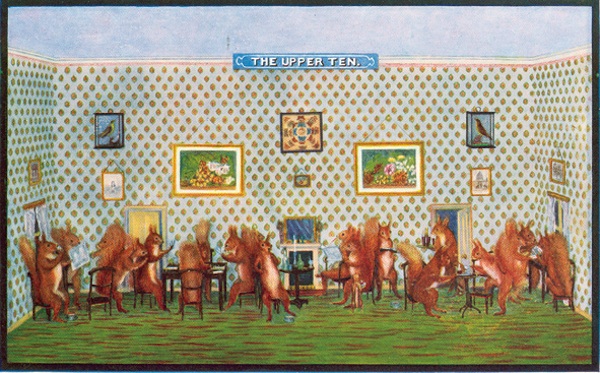【Frauen ohne Unschuld】
OpenAI has announced its latest nonprofit ChatGPT collaboration,Frauen ohne Unschuld a free online course to bolster teachers' AI literacy.
The one-hour learning program was co-created and published by Common Sense Media, one of OpenAI's nonprofit partners, and designed for K-12 educators. According to Common Sense Media's description of the nine modules, teachers learn the basics and ethical implications of artificial intelligence, generative AI, and ChatGPT, and are then taught how to "safely and effectively" deploy it in classroom settings.
SEE ALSO: New video-watching guidelines for teens just droppedAccording to OpenAI, the course has already been used by educators across “dozens” of schools, including those in Arizona, California, and across the charter school system Challenger Schools. "We're in the early stages of AI adoption in K-12, and it will take all of us — educators, technologists, and organizations — working together to ensure this technology enables teachers and improves learning outcomes for students," said OpenAI general manager of education Leah Belsky.
You May Also Like
OpenAI released its first guide for educators in 2023, a hub for educators' FAQs, example classroom prompts, and testimonials to encourage the tech's use to "accelerate student learning."
The latest resource supports the company's push for greater AI applications in classroom settings, following an initial blowback to students' generative AI use after ChatGPT's initial launch. Since then, more tech companies have gotten behind the integration of AI into primary education, including Canva and classroom tech giant Google. In August, Google announced a partnership with nonprofit open education resources publisher OpenStax to train its AI chatbot Google Gemini on peer-reviewed textbooks.
Related Stories
- 5 ChatGPT tips from a top OpenAI official
- Apple study reveals major AI flaw in OpenAI, Google, and Meta LLMs
- How Big Tech is approaching explicit, nonconsensual deepfakes
- Pokemon Go players are actually training a giant AI model
- AI chatbots are being used for companionship. What to know before you try it
Last month, the Department of Education released its own educators' toolkit designed to help K-12 school districts integrate artificial intelligence in administrative and educational settings.
But many educators and their advocates are still wary of generative AI's widespread use in schools and its data privacy implications, expressing continued concern on its impact on student creativity, reasoning, and mental health. At the same time, generative AI is becoming an increasingly impactful part of adolescence, from the threat of nonconsensual deepfakes to companion chatbots. A recent survey of teens from Common Sense Media found that 70 percent were using generative AI for homework help or to stave off boredom, but only a third had informed their parents that they were using the new tech.
Topics Artificial Intelligence Social Good ChatGPT OpenAI






Related Articles